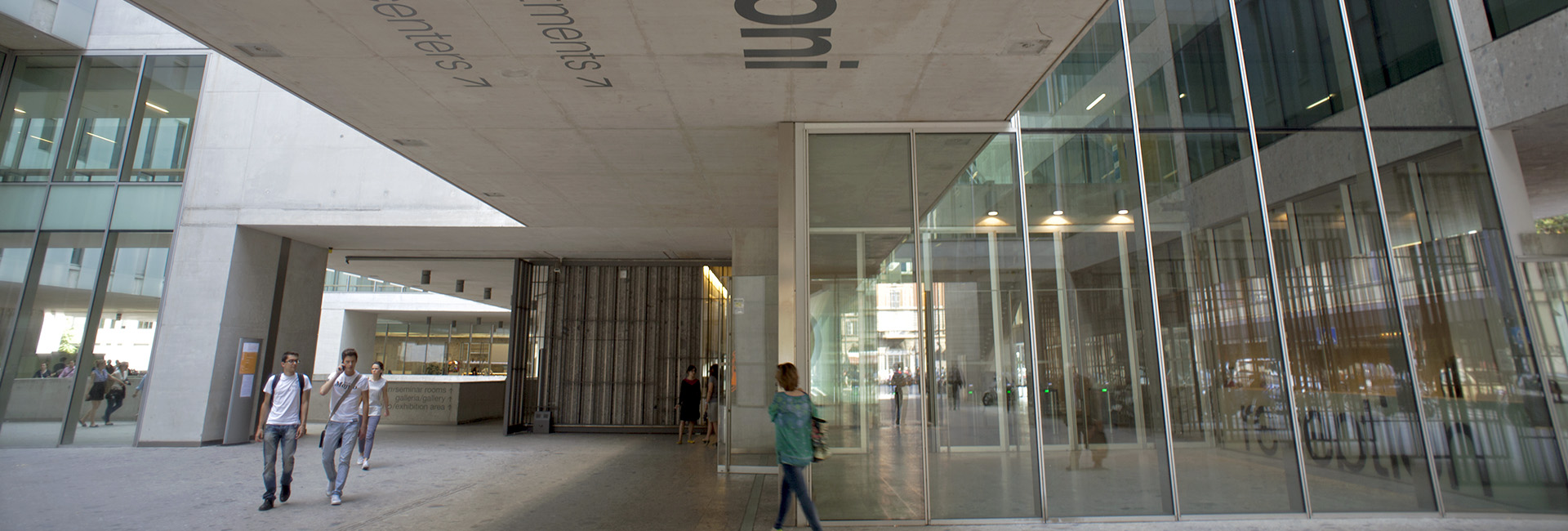30537 - FOUNDATIONS OF PHYSICS I
Course taught in English
Go to class group/s: 27
Synchronous Blended: Lezioni erogate in modalità sincrona in aula (max 1 ora per credito online sincrona)
Being familiar with elementary calculus, algebra, and geometry, will help the students better understand the topics covered in class, and solve the assigned problems. However, a quick (non-rigorous) recap of all the tools will be given in the lectures.
The goal of the course is to provide the basic methodological and conceptual tools that are instrumental for modeling physical systems. Starting from point-like systems, the course will cover the fundamental laws of mechanics and thermodynamics. An introduction to special relativity will also be given. The students will get a chance to familiarise themselves more with the mathematical tools acquired from the other classes, and develop their problem-solving skills.
- particle kinematics
- particle dynamics
- work, potential energy and conservation of energy
- inclined plane, pendulum, harmonic oscillator
- linear differential equations
- kinematics and dynamics of particle systems
- universal law of gravitation
- kinematics and dynamics of rigid bodies
- fluid mechanics
- basics of kinetic theory of gases and thermodynamics
- special theory of relativity
- Understand the basic laws of classical physics
- Use mathematical tools for modelling systems
- Understand the role of symmetries and conservation principles
- Solve problems which require creative thinking
- Use geometry and calculus for problem solving
- Face-to-face lectures
- Online lectures
- Exercises (exercises, database, software etc.)
- Individual assignments
- Illustrative and advanced exercises will be solved in class under the supervision of the Instructor and/or Teaching Assistants.
- Exercise Batches will also be assigned to the students every week, to help them with their preparation for the exam.
- Individual assignments and group assignments will consist in more advanced modeling and problem-solving assignments, which might require also the adoption of numerical techniques.
| Continuous assessment | Partial exams | General exam | |
|---|---|---|---|
| x | x |
- The exam consists of a conceptual part and a problem-solving part.
- The conceptual part will be formed by questions to be answered on paper, and it is used to assess the "knowledge and understanding" learning objectives. This contributes to 40% of the final grade.
- The problem-solving part will consist of exercises to be worked out on paper. It is used to assess the "applying knowledge and understanding" learning objectives. This contributes to the remaining 60% of the final grade.
- The exam is not open-book: any material outside of what is provided by the instructors (a formula sheet) is forbidden.
- The use of a calculator during the exam is allowed, smartphones and laptops are not.
|
Main references: -Ramamurti Shankar - Fundamentals of Physics I _ Mechanics, Relativity, and Thermodynamics 1, Yale University (2019) -Course handouts Other suggested references: -D. Kleppner, R.J Kolenkow - An introduction to mechanics, Cambridge University Press (2010) - D. Halliday, R. Resnick, Jearl Walker - Fundamentals of Physics, Wiley (2010) |
- Douglas C. Giancoli - Physics - Principles with Applications, Prentice Hall (2004)





